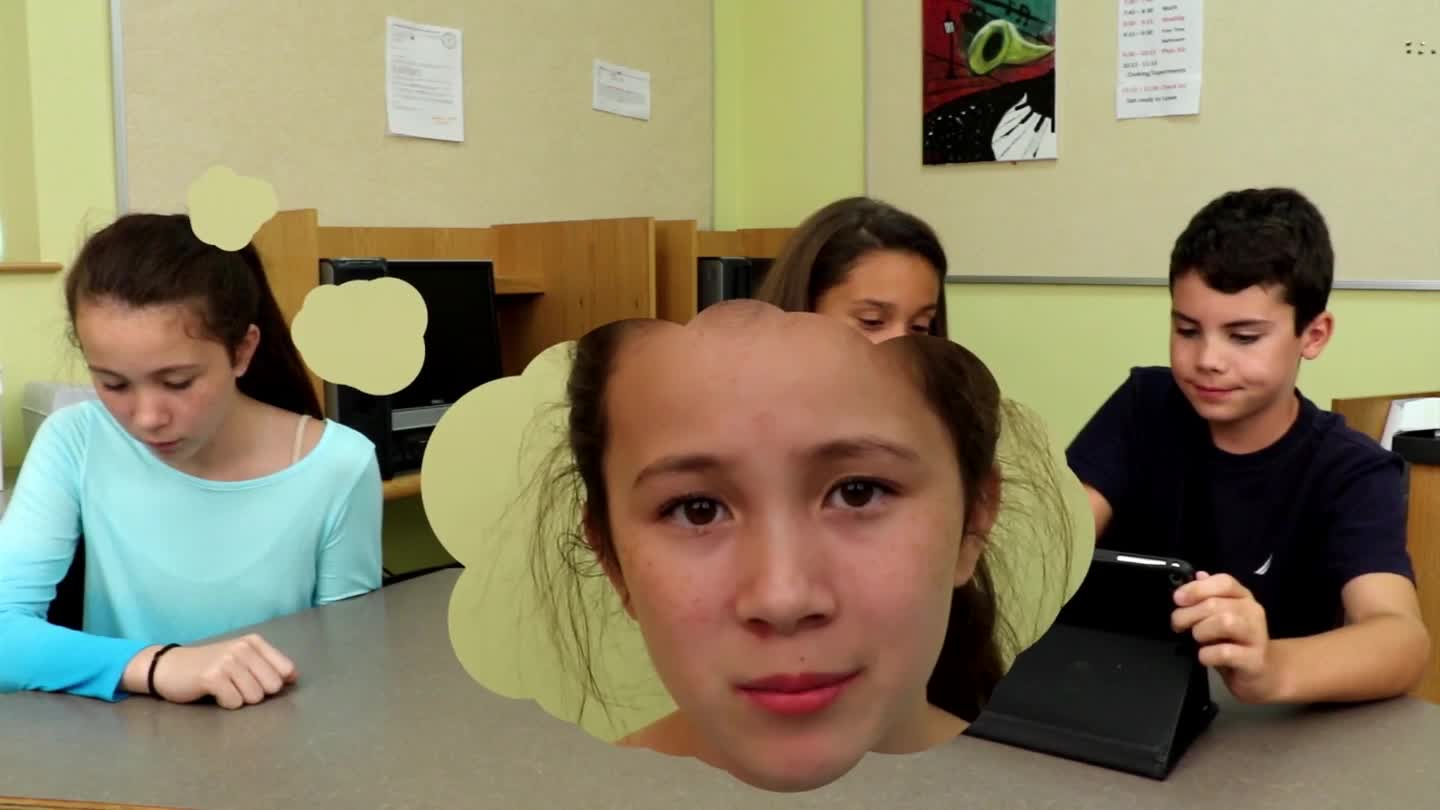
As educators, we understand the importance of teaching students to be mindful of others during group activities. Taking turns is a vital skill that allows everyone to participate, strengthening social bonds and creating a more inclusive environment. In this blog post, we will discuss the concept of taking turns in group play, provide a no-prep activity, and offer discussion questions to encourage reflection.
Introduction
Taking turns in group play promotes fairness and ensures that everyone has an opportunity to participate. When students learn the importance of considering others’ feelings, they develop empathy and foster a sense of belonging within the group. By teaching this essential social skill, we help students create positive relationships and build a foundation for successful collaboration in the future.
No-Prep Activity
Here is a simple, no-prep activity that can help teach students the importance of taking turns:
Pass the Story
- Have the students sit in a circle.
- Explain that they will be creating a story together by taking turns adding a sentence.
- Begin the story with an interesting sentence, such as “Once upon a time, in a land far away, there was a magical creature who could grant wishes.”
- Pass the story to the student on your left, who will add the next sentence.
- Continue passing the story around the circle, with each student contributing a sentence.
- End the story when it reaches a natural conclusion or after a set number of rounds.
This activity encourages students to listen to each other and wait for their turn to contribute. It also highlights the importance of teamwork and collaboration, as the story can only be completed when everyone participates.
Discussion Questions
Use these questions to facilitate a conversation about the importance of taking turns and considering others’ feelings during group play:
- How did it feel when it was your turn to add a sentence to the story? How did it feel when you had to wait for your turn?
- Why is it important to take turns during group activities?
- How can we make sure everyone gets a turn during group play?
- How can not taking turns affect the group dynamic and the feelings of those who are left out?
- Can you think of a time when you felt left out during a group activity? How did it make you feel, and what could have been done differently?
Related Skills
Teaching students to take turns during group play also helps develop several other valuable skills:
- Active listening: Students learn to pay attention to others’ contributions and wait for their turn to speak.
- Empathy: By considering the feelings of others, students develop a better understanding of other perspectives and emotions.
- Collaboration: Taking turns fosters teamwork, as students must work together to achieve a common goal.
- Patience: Waiting for a turn teaches students the importance of patience and self-control.
Next Steps
Teaching the importance of taking turns during group play is just one aspect of fostering social-emotional learning in the classroom. If you’re interested in discovering more activities and resources to support your students’ development, sign up for free samples of our skill-based materials at https://everydayspeech.com/sample-materials/.

